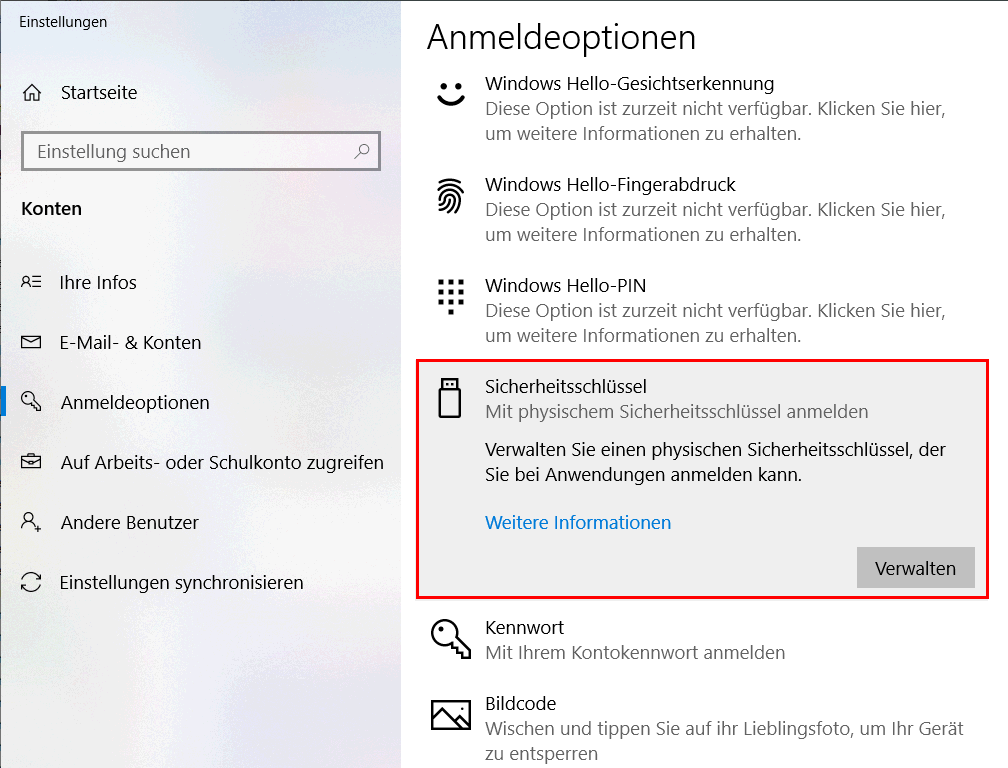
Convenience: should be at least equally as convenient - if not more convenient - than using a password. Speed: should be faster than creating or using a password. This is because replacing passwords means “competing” with passwords across three dimensions: Passkey syncing is end-to-end encrypted and sync providers have strong account security protections.įurthermore, syncing is critically important for FIDO to achieve its mission, which is to make sign-in easier and fundamentally safer by replacing passwords in as many places as possible. The term “passkey” (and plural form “passkeys”) is a cross-platform general-use term, not a feature tied to any specific platform. It should be written in lowercase except when beginning a sentence. The word “passkey” is a common noun think of it the way you would refer to “password”. For example, a physical security key could contain multiple single-device passkeys. Such passkeys are sometimes referred to as “single-device passkeys”. Passkeys can also by design be available only from a single device from which they cannot be copied. The cloud service also stores an encrypted copy of the FIDO credential. Passkeys that are managed by phone or computer operating systems are automatically synced between the user’s devices via a cloud service. 
The cryptographic keys are used from end-user devices (computers, phones, or security keys) that are used for secure user authentication. They simplify account registration for apps and websites, are easy to use, work across all of a user’s devices, and even other devices within physical proximity.įrom a technical standpoint, passkeys are “discoverable” FIDO credentials for passwordless authentication.

Unlike passwords, passkeys are resistant to phishing, are always strong, and are designed so that there are no shared secrets. Passkeys are a password replacement that provide faster, easier, and more secure sign-ins to websites and apps across a user’s devices.






 0 kommentar(er)
0 kommentar(er)
